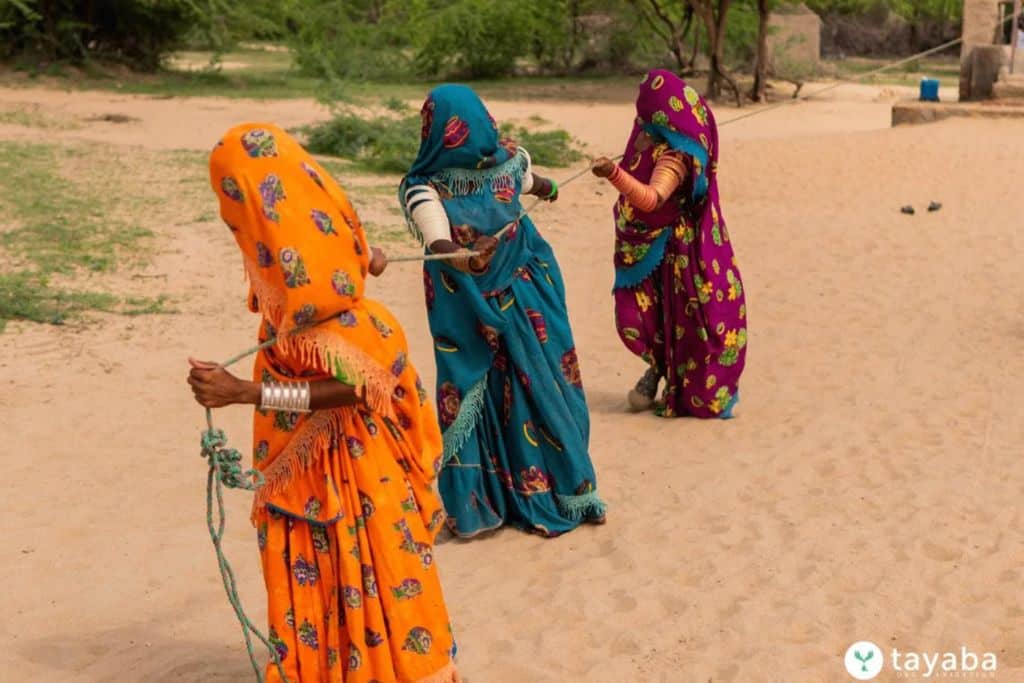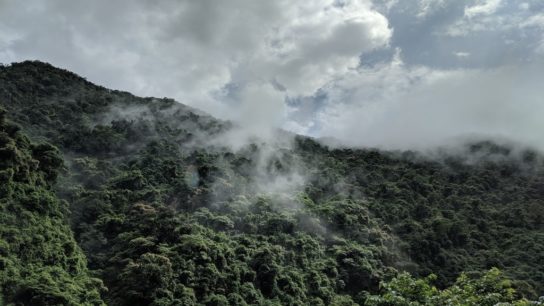Water scarcity is a deeply gendered issue that disproportionately burdens women, particularly in regions like Pakistan. Over a year ago, Pakistan made global headlines as catastrophic flooding tore through the country, resulting in displacing over 33 million people and unimaginable damage. After flooding destroyed villages and critical infrastructure, millions now face either unsafe drinking water or live in severely water-scarce regions. The climate change-induced water insecurity has led to other social crises that often go unnoticed. It has heightened the vulnerability of women to gender-based violence as they strive to secure an adequate water supply for their households.
—
The Global Water Crisis
In 2020, Germanwatch published a report that listed Pakistan as the 5th most susceptible nation to climate change. One of the several consequences of the rapidly changing climate in the country is water scarcity.
This dire situation is echoed globally, as evidenced by a recent poll conducted by One Young World, a community of over 17,000 young leaders and ambassadors. Its Global Consultation Process showed that 33% of 1,500 respondents from 160 countries have experienced problems accessing clean water at least once a month, while 55% experienced problems accessing clean water at least once a year. According to a 2023 UNICEF-WHO report looking at water issues with special focus on gender, in seven out of ten households without water supplies on the premises, women and girls are primarily responsible for collection.
Women or Water Labourers?
For many communities, collecting water is a matter of survival, and it has a clear impact on the social and gender norms of the area. Nowhere is the gendered impact of water scarcity more evident than in Pakistan, where over 22 million people struggle to access clean water. Here, the responsibility of water collection is perceived as a woman-only chore. Each day, women wake up to an impossible choice between dying of thirst or risking their lives to fetch water over difficult journeys.

Women are enduring long and arduous journeys to distant water sources multiple times a day. These trips, often lasting up to four hours, with women carrying heavy clay pots, have an intense impact on the mental and physical well-being of women. For example, women in rural areas of Pakistan, like Tharparkar desert, are facing sexual and physical assault when they undertake long journeys to fetch water.
This is compounded with intimate partner violence resulting from women’s inability to fulfil household duties as families do not have enough water.


In addition, “Water Wives” have become common practice, where polygamy is seen as the only solution to the water crisis people face. Women, burdened by the daily physical and emotional toll of water collection, sometimes themselves advocate for their husbands to take additional wives. The rationale behind this decision is often rooted in the survival need for more “water labourers.”
Towards a Solution
To remove the unfair burden on women and inhuman water head-loading in Pakistan, Tayaba Welfare International Association developed an innovative solution, the H2O (Help-2-Others) Wheel.

This simple yet effective tool enables women to transport larger quantities of water with significantly less physical strain, reducing the time and effort required for collection. The H2O Wheel holds 40 litres compared to the 8-10 litres clay pots can carry, eliminating the need for repeat journeys.
The H2O Wheel not only empowers women by granting them more control over their lives but also challenges existing gender stereotypes. Its design is perceived to be “gender neutral,” encouraging men to share the responsibility of water collection.

It represents more than just a practical solution to water scarcity and symbolises hope and empowerment for women in Pakistan and beyond. It has transformed almost every aspect of women’s daily lives in Pakistan – physically, mentally, socially, and economically. It started with a simple idea and today offers a scalable solution for water-scarce communities globally.
As we commemorate World Water Day, let us remember that addressing water scarcity is not just an environmental concern; it is a fundamental issue of survival and social justice. And, our actions, even small, have the power to tackle this tough challenge. By coming together, we can break the shackles of water collection that have confined women for generations and pave the way for a more equitable and sustainable future for all.
Featured image: Tabaya (organisation).
You might also like: 5 Pressing Environmental Issues Pakistan Faces in 2024


















